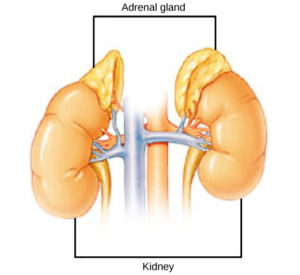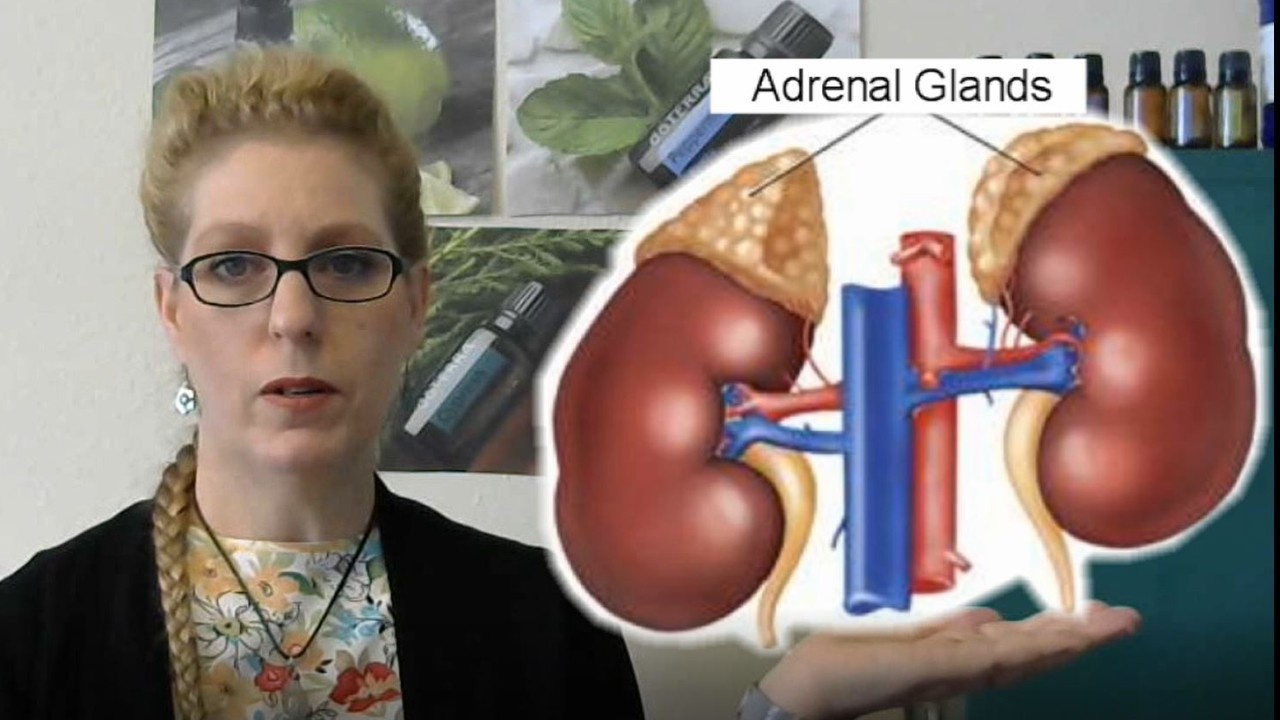
If you’ve been suffering from symptoms connected to a possible brain injury, we may be able to help. We’ll dig into specifics on symptoms later in the post, but here’s a quick glance at what patients experience: How treatment for post-concussion syndrome can and can’t help with post-traumatic hypopituitarism symptoms.Antidiuretic hormone (ADH) insufficiency.Common hormonal problems after a brain injury:.What to do if your doctor is resistant to testing.How a brain injury can cause hormone dysregulation.In this article, we provide a comprehensive patient guide to hormonal dysregulation caused by brain injury.

The brain affects hormone production, and hormones affect the body and the brain. Hormones are an important but often-overlooked piece of the puzzle when it comes to brain injury symptoms. The authors of this study also recommended routine screening for hypopituitarism (insufficient hormones produced by the pituitary gland) of anyone who has sustained a brain injury, regardless of its severity. They believe that screening for PTHP should be part of standard post-injury care because the last fifteen years of research shows such a high rate of pituitary dysfunction after moderate and severe TBI.Īnother study focused on veterans who sustained blast-related mTBIs found evidence of PTHP in 42% of the study participants. The authors of 2018 review article Post-Traumatic Hypopituitarism-Who Should Be Screened, When, and How? assert that post-traumatic hypopituitarism (PTHP) is a common and under-diagnosed consequence of TBI.

Over the past few years, research has shown a connection between traumatic brain injury (TBI) and neuroendocrine disorders. You might wonder: Can you have both post-concussion syndrome and hormone dysregulation? And if you have both, is it just an unhappy coincidence, or can a brain injury cause both conditions? The quick answer is that yes, you can have both, and yes, a brain injury can cause both conditions. These are also common symptoms of hormonal dysfunction, such as hypothyroidism, growth hormone deficiency, or adrenal insufficiency. This laundry list of symptoms is common in people who suffer from post-concussion syndrome (PCS), which is when symptoms of a mild traumatic brain injury (mTBI) persist long after they should have gone away.

Low energy, difficulty concentrating, brain fog, anxiety, depression, memory problems.


 0 kommentar(er)
0 kommentar(er)
